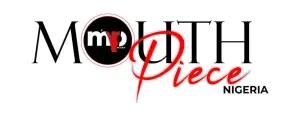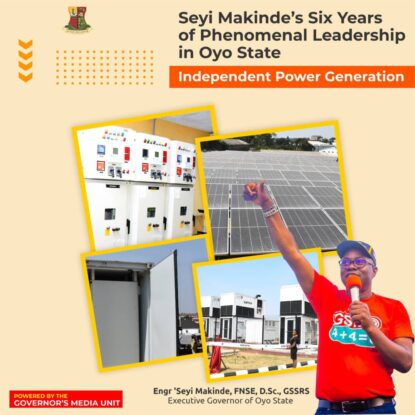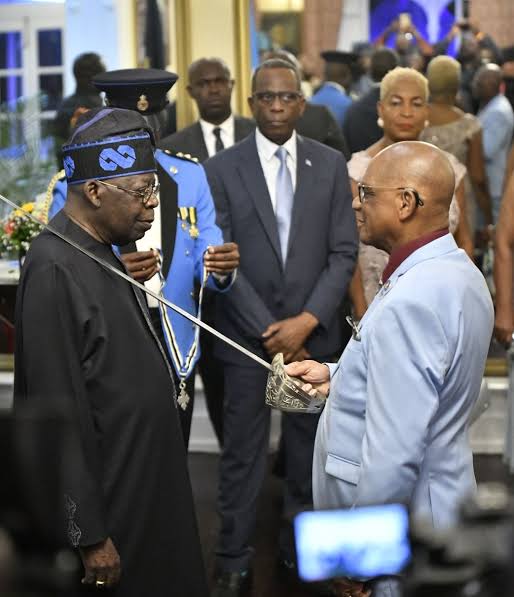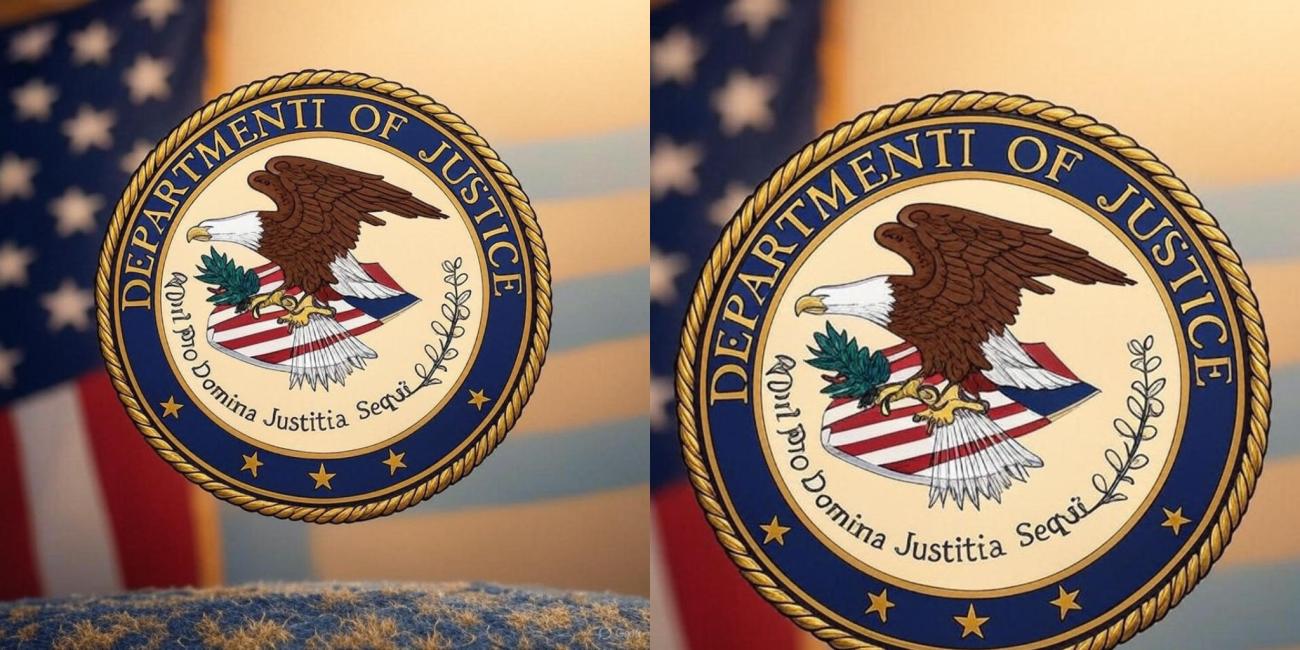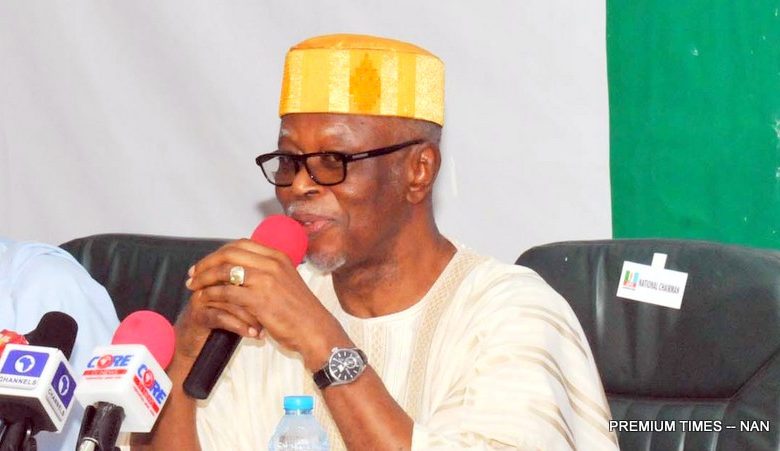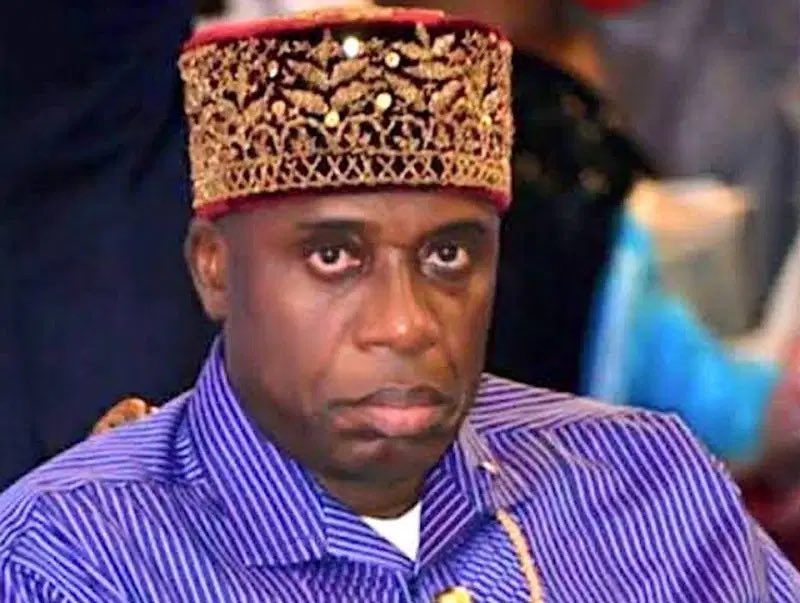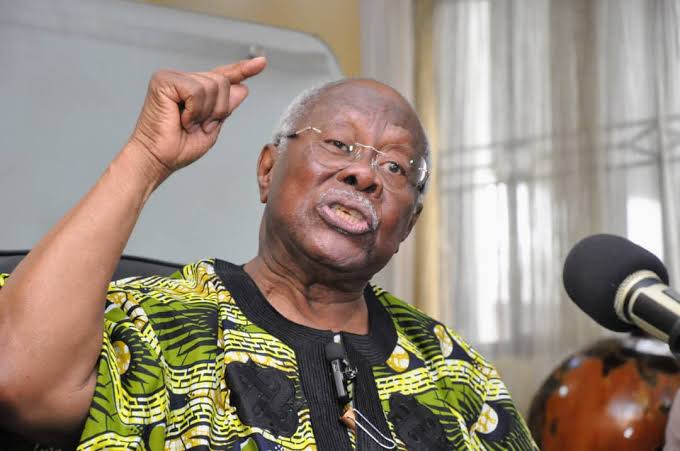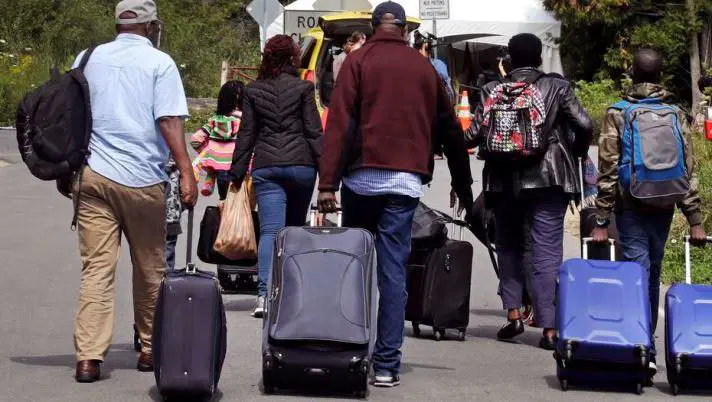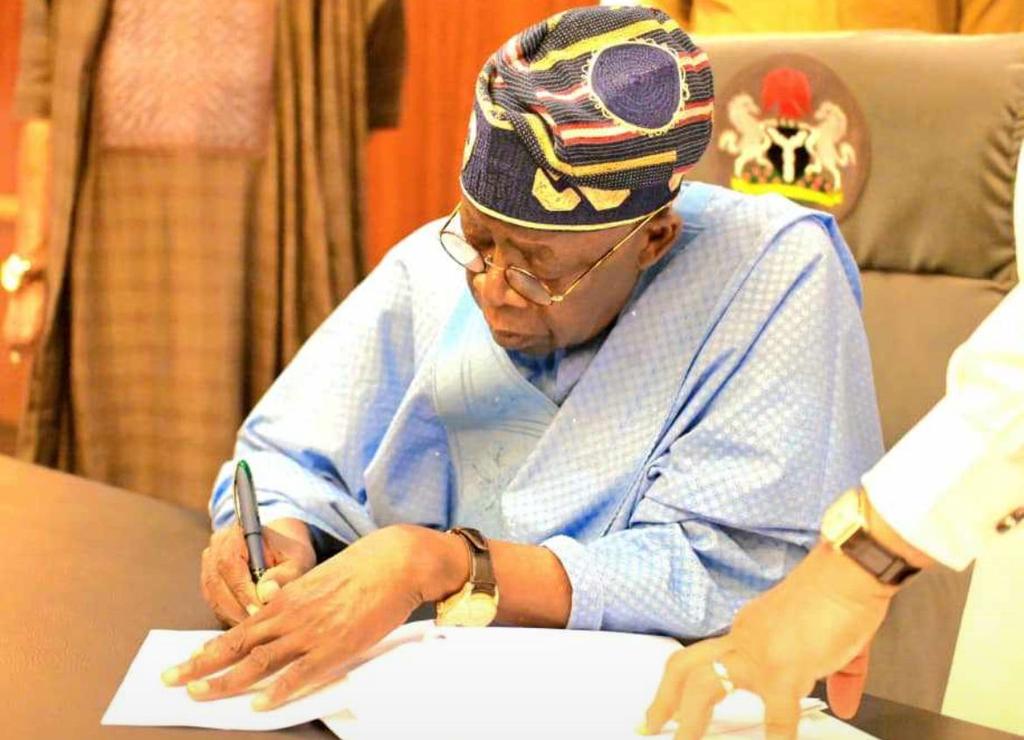Exchange rate unification to happen within quarters, says Edun
The unification of multiple exchange rates will be completed within quarters, Wale Edun, a member of the defunct Presidential Transition Council (PTC), hinted yesterday.
Edun, who was a former Lagos State Finance commissioner, spoke with Bloomberg.
He said unification of the various exchange rates was “imminent.”
“I would say it would have to be done within a quarter as rather than within a year. I think… quarters rather than years, that’s where I would put it.”
Nigeria operates multiple exchange rates, which have given unfair advantage to high net-worth individuals and companies with access to cheaper dollar at official rate.
The prevalent exchange rates include: the Nigerian Autonomous Foreign Exchange Rate Fixing (NAFEX) also called the Investors and Exporters (I&E) forex window, parallel market rate, International Air Transport Association (IATA) rate, Interbank Exchange Rate and Bureaux De Change (BDC) rate.
In his inauguration speech, President Bola Tinubu spoke of his administration’s plan do away with the multiple exchange rates.
He also hinted of plans to review some of the policies initiated by the Central Bank of Nigeria (CBN).
The President vowed to unify the multiple exchange rates in order to “direct funds away from arbitrage into meaningful investment in the plants, equipment and jobs that power the real economy.”
After the markets closed last Friday, the CBN Governor, Mr. Godwin Emefiele, was suspended by the President.
In the suspension letter, issued by the Director of Information in the Office of the Secretary to the Government of the Federation (OSGF), Willie Bassey, Emefiele was asked to hand over to the apex bank’s Deputy Governor (Operations Directorate).
The suspension as Bassey explained was sequel to the ongoing investigation of his (Emefiele’s) office and the planned reforms of the financial sector of the economy.
The letter reads: “Mr. Emefiele has been directed to immediately hand over to the affairs of his office to the Deputy Governor (Operations Directorate), who will act as the Central Bank Governor pending the investigations and the reform.”
Mr. Folashodun Shonubi, the deputy governor in charge of operations at the bank is holding the fort at the apex bank in an acting capacity.
Not a few investors have welcomed the action.
Emefiele’s policies – including allowing a complex regime of multiple exchange rates, had long been criticised by investors, economists and institutions like the World Bank.
Nigeria’s international bonds jumped the most among emerging-market peers in trading yesterday, a public holiday in Nigeria, with its longest-dated dollar debt rising to the highest since January.
The notes maturing in 2051 rose more than three cents on the dollar to as high as 73.74, the biggest gain this year. The premium investors demand to hold Nigerian debt over U.S. Treasuries fell 46 basis points to 710, the biggest drop this year, according to a JPMorgan index.
“This could spell the end of unorthodox and often conflicting and confusing monetary policies that held back economic growth and destroyed local and foreign investor confidence,” Ayodeji Dawodu, head of Africa sovereign and corporate credit research at BancTrust & Co. in London, said.
The CBN offered the U.S. dollar through several windows at tightly controlled rates, with little liquidity, to businesses and individuals. This forced many to the black market, where the dollar traded more freely but at about a 60 per cent premium to the official rate.
Emefiele was widely seen as acting in lockstep with the administration of Tinubu’s predecessor, Buhari. That government was perceived to be more statist and socialist in its approach, said Yemi Kale, chief economist for Nigeria at KPMG LLP and the nation’s former statistician general.
“The markets will respond positively to an administration it believes to be more market oriented,” Kale said.
Reacting to the development, Ayo Salami, chief investment officer at Emerging Markets Investment Management Ltd. said in London via email: “To be credible, the implementation of policy changes would most likely need a new team.”
The naira exchange rate of N471.92/$, a record low, likely needs to be adjusted to about N700-N750, closer to the current black-market rate, JPMorgan said in an investment note on May 31.
“Our baseline expectation is that an adjustment to these levels is likely, barring significant upside to oil prices or production,” the bank said.
The naira has closed lower for three consecutive days, its longest streak of losses since May 12.
Analysts expect that the currency could trade anywhere between N650 to N750/$ to the dollar as Nigeria allows it to trade more freely. Domestic trade will resume on Tuesday as Monday is a public holiday in Nigeria.
In a series of posts on Twitter, Head of Strategy at FIM Partners, Charlie Robertson, said naira at that level, combined with Tinubu’s decision to remove a costly gasoline subsidy, “means the government does not have to borrow as much, just to pay interest on debt.
